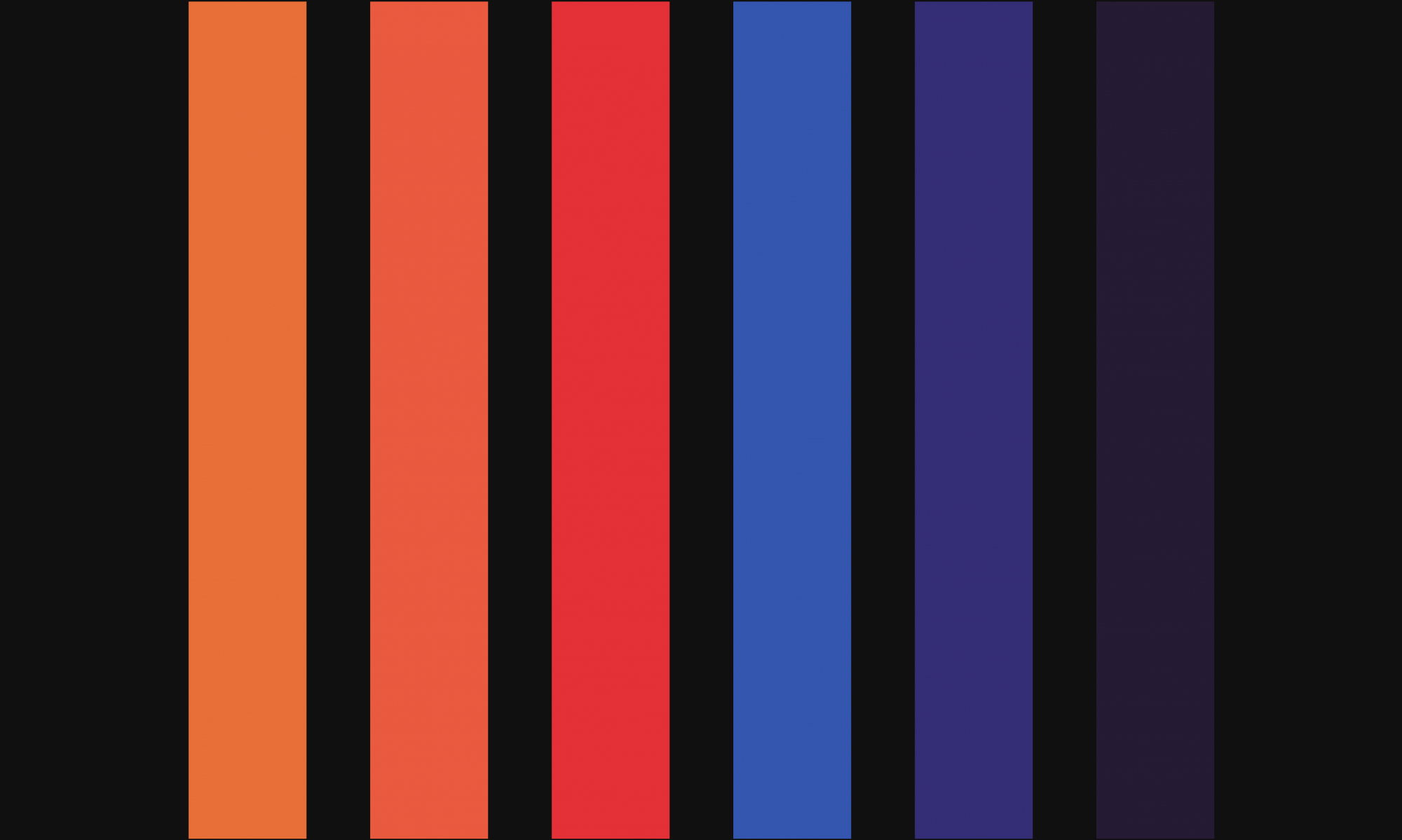There’s talk of a ‘new normal’ beyond the current crisis. That would seem to imply that the world we’ve been living in and experiencing over recent years – from Trump to Brexit, austerity to Coronavirus panic – is ‘normal’. And the “new” in ‘new normal’ gives the impression of inevitability; that we have no agency.
The impact of Covid-19 on the creative and cultural sector in the UK will have been seismic. Thousands of companies have stopped work and furloughed staff. For many, the sudden – albeit temporary – collapse in revenues could be terminal; for those who can see out the short-term, the prospect of closed or, at best, socially-distanced venues with massively reduced audience numbers for a number of months, just will not be tenable. Plenty of creative businesses are thriving of course, as we all revert to at-home working and playing. But even then, the lack of access to live sets and physical proximity will significantly hamper the creation of new content.
So, perhaps a chance to re-think.
In a recent talk (reproduced here), Charlie Leadbeater identified four possible scenarios after the current crisis: a return to what he called ‘hyper-normality’, in which nothing appears to have changed; permanent emergency (he referred to Greece as a version of this); digital fortresses (I presume he had a version of this in mind); and a post-Covid ‘settlement’, in which we come to terms with a new world order and construct a set of institutions and relationships accordingly.
How profound will the current crisis be? What are the implications for the creative industries?
As part of the ‘Beyond the Crisis’ project, we have begun to explore potential research questions, which might form the basis of a more in-depth work programme.
To get things started, we have identified five broad themes to explore over coming weeks:
- Culture as infrastructure – the need to think of the cultural and creative sector as one of our ‘foundation’ industries, and the fragility of the current infrastructure (led by Professor Justin O’Connor)
- Labour – the precarious nature of work in the sector – freelancers, under-capitalised businesses, the gig economy. Is there a different model? (led by Professor Kate Oakley)
- New cosmopolitanism – a new emphasis on localisation and the opportunity to create sustainable neighbourhoods, but the risks of creating slightly-claustrophobic ’15-minute cities’ (led by Pat Brown)
- Diversity and equality – using Covid-19 to challenge inequalities in the Creative Industries and develop new ways of thinking and working (led by Professor Sarita Malik)
- Culture as comfort-blanket – music on doorsteps or Bake-Off on the TV. It’s hardly punk.

